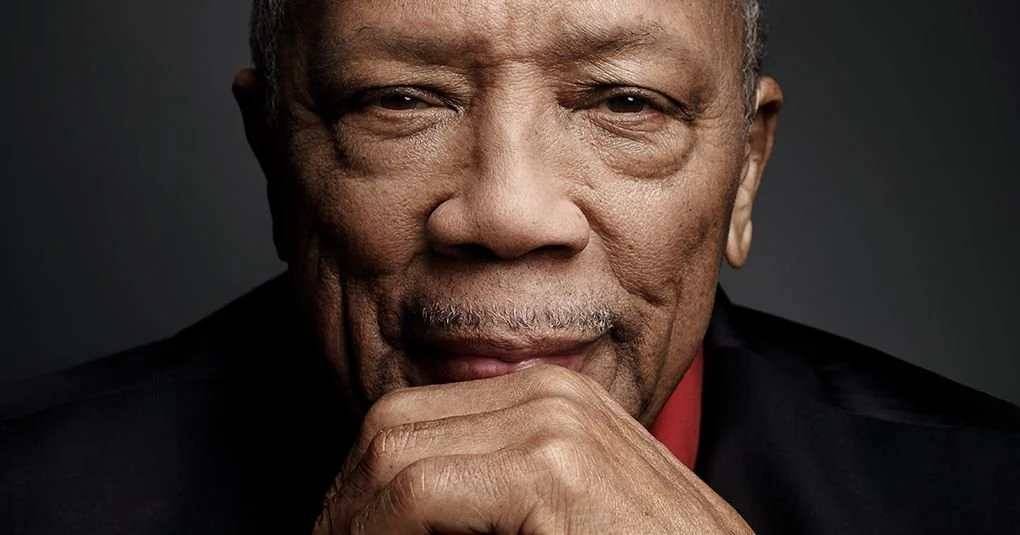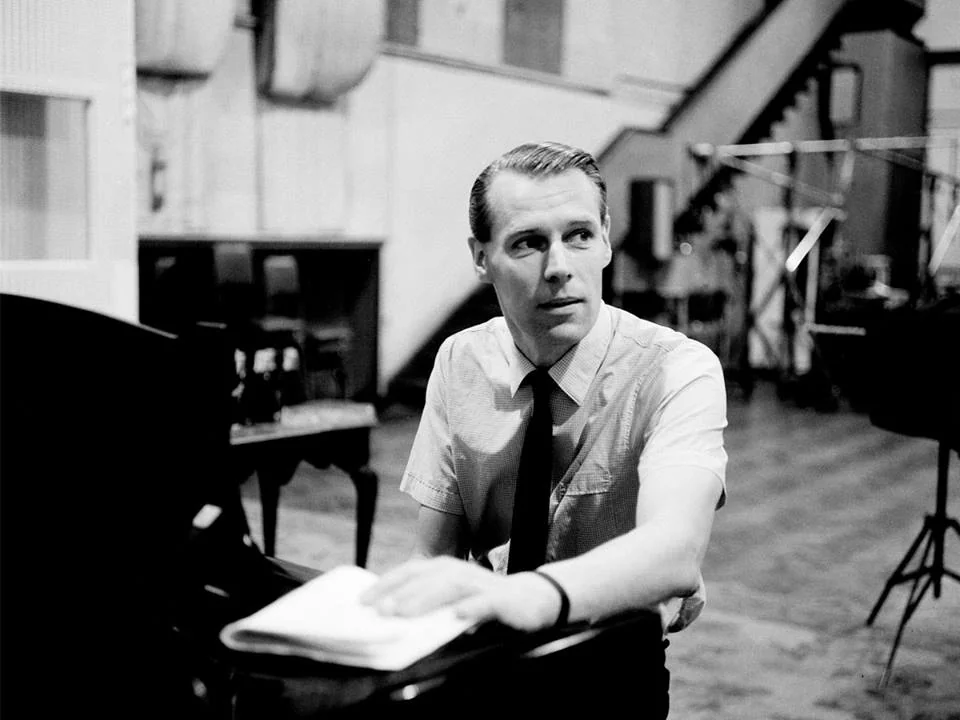Behind every legendary album, there’s a mastermind, a genius who stays out of the spotlight but leaves an indelible mark on history. While artists often take center stage, it’s the producers who craft, mold, and perfect the sounds we’ve come to love. But who are these behind-the-scenes maestros? Let’s dive into the untold stories of the producers who redefined music.
Phil Spector: The Man Behind the “Wall of Sound”
Phil Spector wasn’t just a producer; he was a revolutionary. In the 1960s, he introduced his “Wall of Sound”, a densely layered production technique that transformed pop music. His work with artists like The Ronettes and The Righteous Brothers created some of the most recognizable tracks of the era, such as “Be My Baby” and “You’ve Lost That Lovin’ Feelin’.” His sound was larger-than-life, almost cinematic, and it influenced generations of musicians and producers alike.

Quincy Jones: The Mastermind Behind Michael Jackson’s Success
No discussion about legendary producers would be complete without mentioning Quincy Jones. The man behind Michael Jackson’s groundbreaking albums, “Off the Wall,” “Thriller,” and “Bad,” Jones had an uncanny ability to blend pop, funk, soul, and rock into something magical. His meticulous attention to detail and deep understanding of musical arrangements helped make Jackson the King of Pop. But Quincy wasn’t just about creating hits; he was about pushing boundaries and breaking down racial barriers in the music industry.


George Martin: The Fifth Beatle
If you’ve ever hummed along to a Beatles tune, you’ve experienced the genius of George Martin. Often referred to as the “Fifth Beatle,” Martin was integral to the band’s success, shaping their sound from the early days of “Please Please Me” to the experimental “Sgt. Pepper’s Lonely Hearts Club Band.” Martin’s classical music background allowed him to introduce innovative orchestral arrangements, unique recording techniques, and experimental sounds that pushed The Beatles to new creative heights.


Rick Rubin: Stripping It Down to Basics
In an era where overproduction was becoming the norm, Rick Rubin did the exact opposite. Known for his minimalist approach, Rubin focused on the raw essence of music. His early work with hip-hop legends like LL Cool J and Run-DMC helped bring the genre to mainstream audiences. But Rubin didn’t stop there. He went on to produce albums for a wide variety of artists, from Red Hot Chili Peppers to Johnny Cash, helping them rediscover their sound with his stripped-down production style. Rubin’s philosophy? Let the music speak for itself.


Brian Eno: The Architect of Ambient Soundscapes
While many producers focus on mainstream hits, Brian Eno took a different route. Known as the pioneer of ambient music, Eno’s work with artists like David Bowie, U2, and Talking Heads brought an otherworldly, experimental sound to the forefront. His use of electronic effects, looping, and layering created immersive soundscapes that reshaped what music could be. Eno’s innovative production techniques still influence modern music, particularly in genres like electronic, alternative, and experimental rock.


The Influence of These Legendary Producers on Modern Music
It’s impossible to listen to modern music without hearing the influence of these legendary producers. Whether it’s the lush arrangements of Phil Spector’s “Wall of Sound” or Rick Rubin’s minimalist production techniques, their impact can be felt across genres. Today’s top producers—like Max Martin, Dr. Dre, and Jack Antonoff—stand on the shoulders of these giants, taking the lessons they learned and applying them to new, innovative sounds. The art of music production has evolved, but its roots remain firmly planted in the work of these visionaries.
Conclusion: Producers Who Changed the Course of Music History
Though they might not be household names like the artists they work with, the producers behind some of the greatest albums in history have had a profound influence on music as we know it. Their vision, innovation, and willingness to experiment have shaped entire genres and pushed the boundaries of what music can be. So, the next time you listen to your favorite album, remember that there’s often a hidden genius behind the scenes, pulling the strings and making the magic happen.



